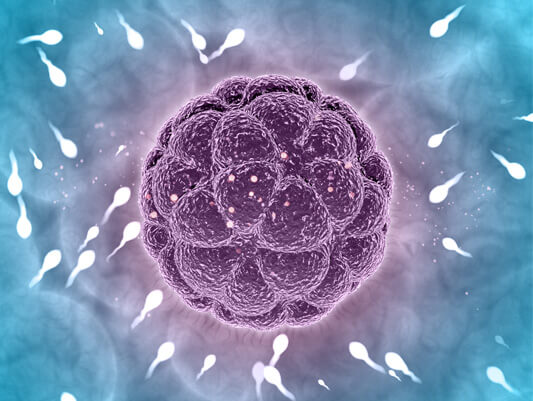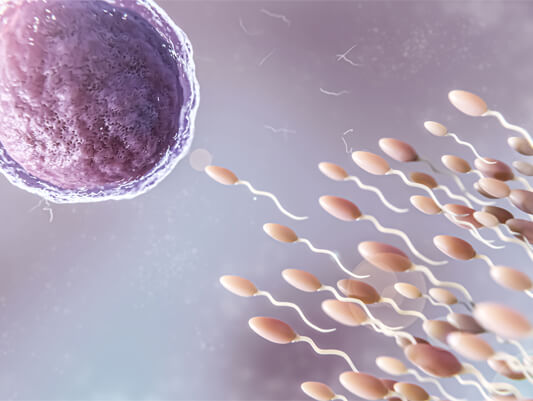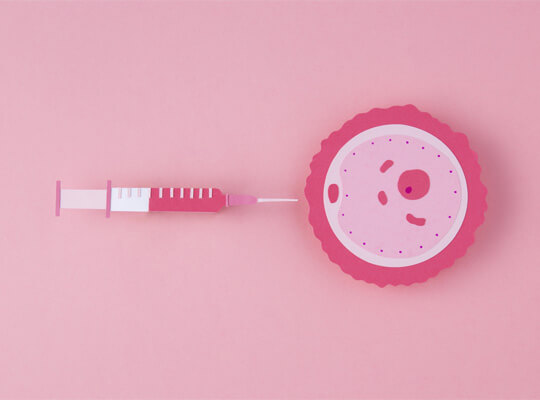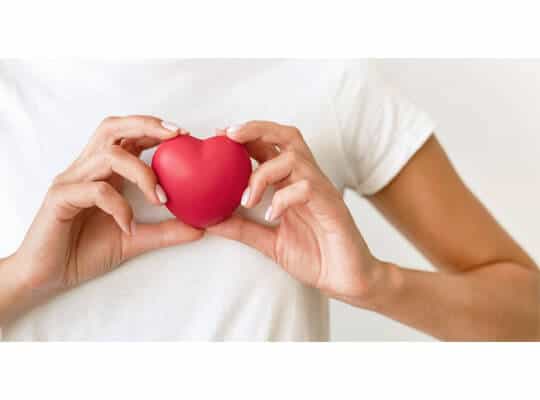Sperm Donation
Table of Contents
What is sperm donation?
Sperm donation is a treatment method that is used by women, who do not have sperm cells for any reason, who want to be treated for a genetic disease, or single women who want to have a baby. This method, which is applied within the scope of IVF treatment, is carried out with a team of experts in the field and in a laboratory environment with sufficient technological infrastructure. The difference with the respective treatment is that the sperm donor is selected without using the male partner’s sperm sample to fertilize the eggs. As in all IVF applications, sperm donation in male patients, control of ovarian reserve in female patients, examination of intrauterine findings, and various test and examination processes are carried out in this process.
As the success in IVF treatment may differ from person to person, a similar case is valid for sperm donation. Many factors such as the woman’s intrauterine condition, age, ovarian reserve, living habits, general health, genetic history, and whether she has infectious disease are effective on having a child with sperm donation. The overall success rate of treatment is around 80%-90%.

Sperm donation is also a treatment method preferred for men diagnosed with infertility due to azoospermia. The disease, which is divided into two as obstructive azoospermia and non-obstructive azoospermia, prevents having children and requires treatment. Obstructive azoospermia is defined as the inability to expel the sperm cells even though there is no problem in sperm production. Problems related to sperm production disorder are called non-obstructive azoospermia. In people diagnosed with azoospermia, methods such as obtaining sperm with stem cell therapy or in vitro fertilization with sperm donation are applied.
In cases where sperm donation is applied for treatment purposes, there are different methods to obtain sperm before the procedure. The first method is to obtain seminal fluid. In some patients, sperm samples can be taken with the prostate massage performed by urology specialists. The sperms taken are examined in the laboratory environment and sperm cells are searched. If this does not yield positive results, methods such as TESE, TESA, MESA, PESA, microTESE can also be preferred.
The main criteria accepted to be included in the sperm donation program are as follows;
Can the child meet the sperm donor?
The age criterion for the child born by the sperm donation method to meet his/her sperm donor is 18. However, some sperm donors have the right not to want their identity to be shared even if the child turns 18. In such cases, it is not possible for the child to meet the sperm donor. Sperm donors who have shared their identity information can be contacted through various matching services, DNA tests and social media. However, this cannot be guaranteed. If the sperm donor wishes, they can choose to remain anonymous.
Can relatives be sperm donors?
Sperm or egg donation is also named as collaborative reproduction and third-party reproduction, and is usually performed by anonymous individuals. However, in some cases, a cousin or sibling can also be a sperm donor. In the practice, which is defined as familial gamete donation, men can donate sperm to their brothers or sisters can donate eggs to their sisters. It should not be forgotten that in both cases, the health criteria determined during the IVF treatment process is valid.
Before the Application
Before the application, processes such as gynaecological examination, general cervix examination and ultrasonography are held to evaluate the health status of the woman. With simultaneous hormone profile tests, it is checked whether the pregnant candidate has a disease related to the endocrine system. At the same time, tests showing the hormone values are performed (FSH, AMH, Prolactin, TSH, LH, Progesterone, E2 etc.) and these tests make it possible to create a treatment schedule when necessary. Infection tests are other tests requested before the procedure. In sperm donation treatment, as in standard IVF treatment, drug therapy is started in order to develop the egg of the expectant mother.
During the application
After the completion of the egg developer treatment process, the eggs reach the desired level of development and size. With the egg collection process, the sperm of the donor determined by the couple is fertilized by ICSI method (microinjection). The application is performed under sedation.
After the Application
After fertilization, embryos are monitored in a laboratory environment with advanced technological competence and infrastructure. Patients are informed according to the date on which embryo transfer is planned. Since the procedure is not performed with anaesthesia, patients are advised to have a light breakfast before the application. After the 12-day period after the embryos are transferred to the mother’s womb, a pregnancy test is performed. In case of unsuccessful pregnancy, the sperm donation process is repeated by applying the procedures in standard IVF treatment.
The advantage of sperm donation (Being a single mother)
Sperm donation is very advantageous because it is an application that allows single mothers to become pregnant. It is known as a treatment method that is frequently used within the scope of IVF treatment. Application is advantageous also for cohabiting couples longing for children but cannot have childre. With the sperm donation application;




